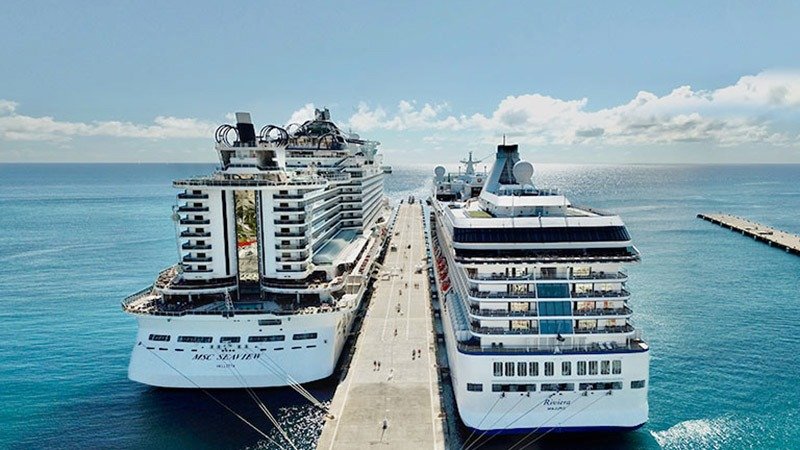The Trump Administration is considering implementing increased tax rates for cruise ships, according to recent statements made by Commerce Secretary Howard W. Lutnick. This potential tax hike aligns with the administration’s “America First” initiative, emphasizing the need to benefit American businesses and enhance domestic economic growth.
### Proposed Changes to Cruise Ship Taxes
Secretary Lutnick’s remarks come as part of a broader effort to ensure that maritime operations within the U.S. contribute equitably to the nation’s revenues. The proposal advocates for higher tax liabilities for cruise lines that operate in U.S. waters, underscoring the importance of maintaining American job security and reinvesting in national infrastructure.
### Impacts on the Cruise Industry
The cruise industry, which has been a significant contributor to the U.S. economy, generating billions in revenue and providing numerous jobs, may face challenges if taxes are increased. Shipping companies and travel agencies could see an uptick in operational costs, which might lead to higher prices for consumers. Stakeholders within the industry are expressing concerns that such changes could discourage travel and affect America’s position as a leading cruise destination.
### Support and Opposition
The proposal has sparked a range of reactions. Proponents argue that enhanced taxation on cruise ships would ensure that these businesses contribute their fair share to public services. They highlight that the funds could be utilized for infrastructure projects, potentially benefiting port cities reliant on tourism.
Conversely, critics argue that higher taxes could dissuade cruise lines from operating in U.S. waters, ultimately harming local economies that depend on tourism revenue. They fear that increased operational costs may lead to fewer travelers choosing U.S. cruises, which could adversely impact jobs and related sectors.
### Broader Economic Implications
This move reflects a growing focus on American companies paying their fair share of taxes, as envisioned in the “America First” policy framework. The administration’s approach seeks to bolster domestic industries while fostering a favorable economic environment for American workers.
### Looking Ahead
As discussions around this tax hike unfold, industry leaders and policymakers are urged to engage in constructive dialogue to find a balance that benefits both the cruise industry and the wider economy. The potential changes are still in the exploratory phase, and stakeholders are closely monitoring developments and preparing to voice their concerns as the administration further evaluates its options.
In summary, the proposed increase in taxes for cruise ships illustrates a significant policy direction under the Trump Administration that reflects ambitions to prioritize American economic interests. It remains to be seen how this proposal will impact the cruise industry and broader economic landscape in the United States.



